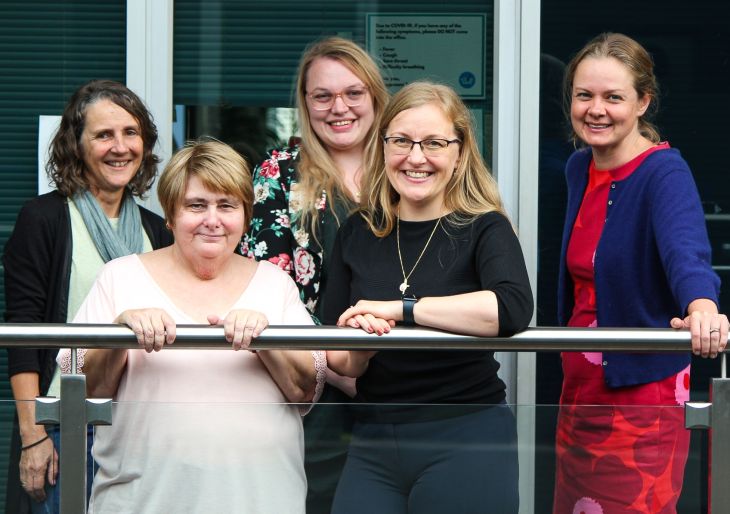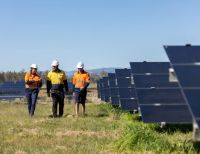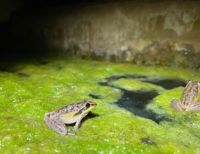The research led by UNSW Sydney aims to make genetic tests and genetic counselling for people with intellectual disability more accessible and equitable.
An interdisciplinary project led by UNSW Sydney to create a more inclusive genomic healthcare approach for people with intellectual disability has been awarded $1.6 million from the National Health and Medical Research Council (NHMRC).
GeneEQUAL will develop resources and education to help health professionals practice a new model of genomics health care which is respectful, appropriately paced and trauma-informed. It will also co-design information and psychosocial support resources for people with intellectual disability and their families undergoing genetic testing, to help them make more informed choices and benefit from genetic diagnoses.
More than 400,000 Australians have intellectual disability. Genomics has revolutionised our understanding of the causes of intellectual disability and also offers improved physical and mental health outcomes. However, people with intellectual disability often miss out on these opportunities due to inequitable and non-inclusive care.
Chief investigator Dr Elizabeth Emma Palmer from UNSW Medicine & Health says the GeneEQUAL project will break new ground by including co-researchers with intellectual disability. The opinions and preferences of people with intellectual disability, including from Aboriginal and Torres Strait communities, as well as their carers and families, will also be incorporated into the research program from its start.
“This is a true research partnership with people with intellectual disability. Designing the research program this way was key to us, specifically so that the project could address the critical health inequities for people with intellectual disability not only in Australia but globally,” Dr Palmer said.
The inclusive model of research has been championed by the Disability Innovation Institute UNSW (DIIU). Director of the DIIU Professor Jackie Leach Scully and DIIU Research Lead Professor Iva Strnadová from UNSW Arts, Design and Architecture are also part of GeneEQUAL’s chief investigator team.
In announcing the funding, federal Minister for Health and Aged Care, Mark Butler, said the awarded projects will develop the evidence base for future policies, interventions and other initiatives to improve the quality of life of people with intellectual disability.
“People with intellectual disability must have access to the care that meets their needs and supports them to lead healthy and active lives,” he said. “It’s so important that, along with their families and carers, they are involved in research that will find better ways to deliver that care.”
The interdisciplinary research team includes Ms Julie Loblinzk from UNSW Arts, Design and Architecture and academics from the Peter MacCallum Cancer Center, University of Technology Sydney, Royal Brisbane and Women's Hospital and The Council of the Queensland Institute of Medical Research. The project also has multistakeholder partnerships with NSW Health, Australian Genomics and Rare Voices Australia, Self-Advocacy Sydney and the Council for Intellectual Disability.
The research program will convene community engagement groups which will have diverse representation across age, gender, Aboriginal and Torres Strait Islander heritage, ethnicity, and location. The consultations will seek to understand the patient journey better, find and fill gaps in current resources, and create a road map for inclusive genetics services.







